African Union
The African Union's Continental AI Strategy sets the stage for a unified approach to AI governance across the continent.

Artificial intelligence (AI) has made enormous strides in recent years and has increasingly moved into the public consciousness.
Subscribe
We encourage you to subscribe to receive AI-related updates.
Explore Trendscape Our take on the interconnected global trends that are shaping the business climate for our clients.
Increases in computational power, coupled with advances in machine learning, have fueled the rapid rise of AI. This has brought enormous opportunities, as new AI applications have given rise to new ways of doing business. It has also brought potential risks, from unintended impacts on individuals (e.g., AI errors harming an individual's credit score or public reputation) to the risk of misuse of AI by malicious third parties (e.g., by manipulating AI systems to produce inaccurate or misleading output, or by using AI to create deepfakes).
Governments and regulatory bodies around the world have had to act quickly to try to ensure that their regulatory frameworks do not become obsolete. In addition, international organizations such as the G7, the UN, the Council of Europe and the OECD have responded to this technological shift by issuing their own AI frameworks. But they are all scrambling to stay abreast of technological developments, and already there are signs that emerging efforts to regulate AI will struggle to keep pace. In an effort to introduce some degree of international consensus, the UK government organized the first global AI Safety Summit in November 2023, with the aim of encouraging the safe and responsible development of AI around the world. The EU is also implementing the first comprehensive horizontal legal framework for the regulation of AI systems across EU Member States (the EU AI Act is addressed in more detail here: AI watch: Global regulatory tracker - European Union, and you can read our EU AI Act Handbook here).
Most jurisdictions have sought to strike a balance between encouraging AI innovation and investment, while at the same time attempting to create rules to protect against possible harms. However, jurisdictions around the world have taken substantially different approaches to achieving these goals, which has in turn increased the risk that businesses face from a fragmented and inconsistent AI regulatory environment. Nevertheless, certain trends are becoming clearer at this stage:
Businesses in almost all sectors need to keep a close eye on these developments to ensure that they are aware of the AI regulations and forthcoming trends, in order to identify new opportunities and new potential business risks. But even at this early stage, the inconsistent approaches each jurisdiction has taken to the core questions of how to regulate AI is clear. As a result, it appears that international businesses may face substantially different AI regulatory compliance challenges in different parts of the world. To that end, this AI Tracker is designed to provide businesses with an understanding of the state of play of AI regulations in the core markets in which they operate. It provides analysis of the approach that each jurisdiction has taken to AI regulation and provides helpful commentary on the likely direction of travel.
Because global AI regulations remain in a constant state of flux, this AI Tracker will develop over time, adding updates and new jurisdictions when appropriate. Stay tuned, as we continue to provide insights to help businesses navigate these ever-evolving issues.
The African Union's Continental AI Strategy sets the stage for a unified approach to AI governance across the continent.

Voluntary AI Ethics Principles guide responsible AI development in Australia, with potential reforms under consideration.

The enactment of Brazil's proposed AI Regulation remains uncertain with compliance requirements pending review.

AIDA expected to regulate AI at the federal level in Canada but provincial legislatures have yet to be introduced.

The Interim AI Measures is China's first specific, administrative regulation on the management of generative AI services.

Despite congressional activity on AI in Colombia, regulation remains unclear and uncertain.

The Council of Europe is developing a new Convention on AI to safeguard human rights, democracy, and the rule of law in the digital space covering governance, accountability and risk assessment.
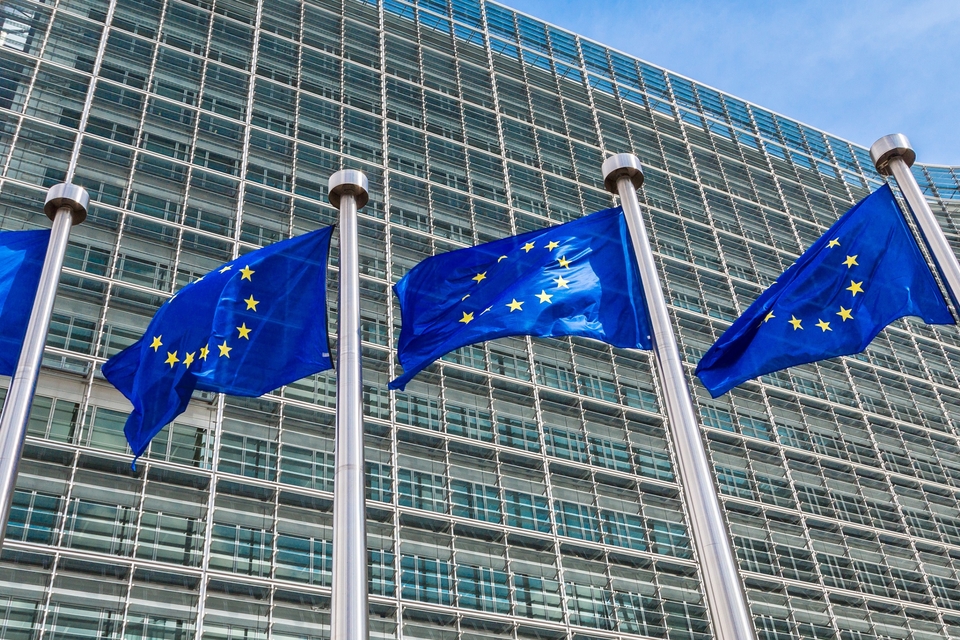
The successful implementation of the EU AI Act into national law is the primary focus for the Czech Republic, with its National AI Strategy being the main policy document.

The EU introduces the pioneering EU AI Act, aiming to become a global hub for human-centric, trustworthy AI.
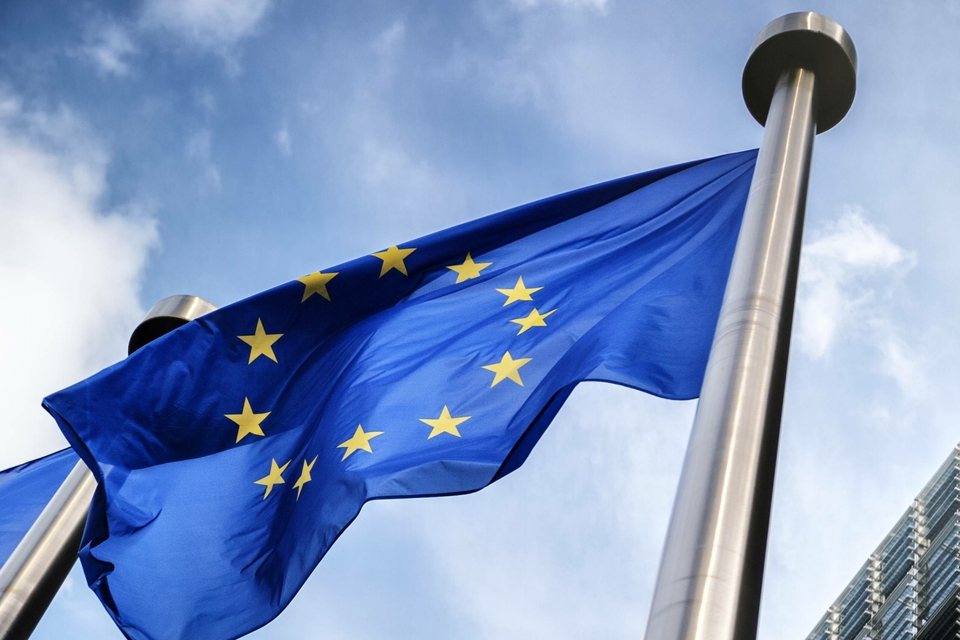
France actively participates in international efforts and proposes sector-specific laws.

The G7's AI regulations mandate Member States' compliance with international human rights law and relevant international frameworks.
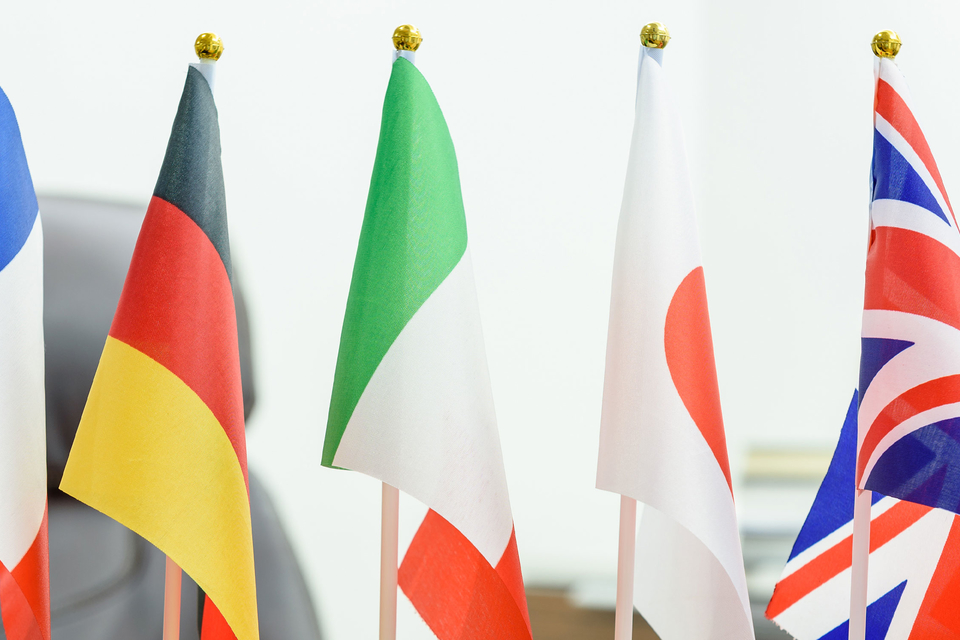
Germany evaluates AI-specific legislation needs and actively engages in international initiatives.

Hong Kong lacks comprehensive AI legislative framework but is developing sector-specific guidelines and regulations, and investing in AI.

National frameworks inform India’s approach to AI regulation, with sector-specific initiatives in finance and health sectors.

Israel promotes responsible AI innovation through policy and sector-specific guidelines to address core issues and ethical principles.


Japan adopts a soft law approach to AI governance but lawmakers advance proposal for a hard law approach for certain harms.

Kenya's National AI Strategy and Code of Practice expected to set foundation of AI regulation once finalized.

Nigeria's draft National AI Policy underway and will pave the way for a comprehensive national AI strategy.

Position paper informs Norwegian approach to AI, with sector-specific legislative amendments to regulate developments in AI.

The OECD's AI recommendations encourage Member States to uphold principles of trustworthy AI.
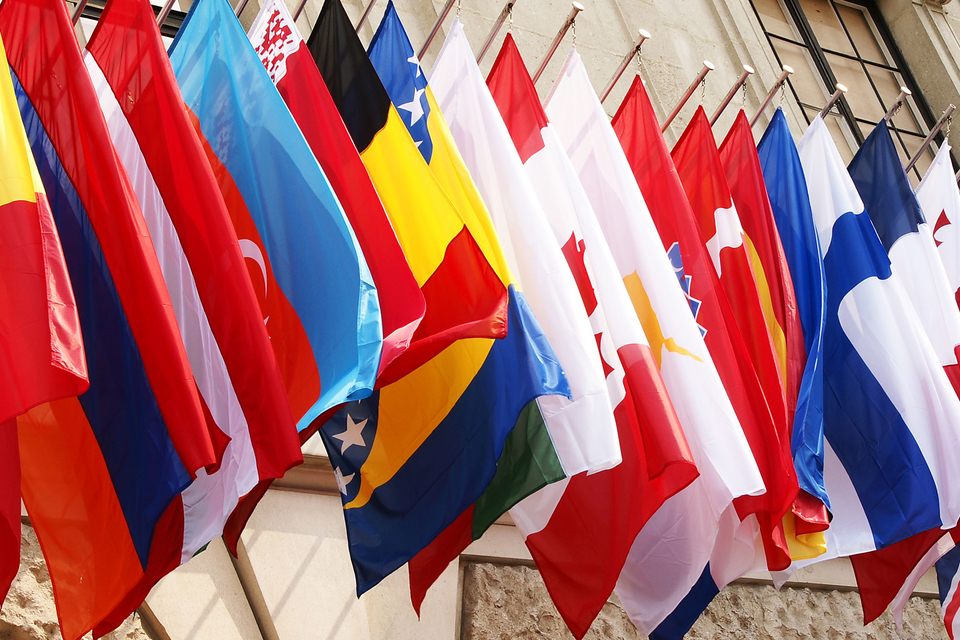
Saudi Arabia is yet to enact AI Regulations, relying on guidelines to establish practice standards and general principles.

Singapore's AI frameworks guide AI ethical and governance principles, with existing sector-specific regulations addressing AI risks.

South Africa is yet to announce any AI regulation proposals but is in the process of obtaining inputs for a draft National AI plan.

South Korea's AI Act has been promulgated as the fundamental body of law governing AI.

Spain creates Europe's first AI supervisory agency and actively participates in EU AI Act negotiations.

Switzerland's National AI Strategy sets out guidelines for the use of AI, and aims to finalize an AI regulatory proposal in 2025.

Draft laws and guidelines are under consideration in Taiwan, with sector-specific initiatives already in place.

Turkey has published multiple guidelines on the use of AI in various sectors, with a bill for AI regulation now in the legislative process.

Mainland UAE has published an array of decrees and guidelines regarding regulation of AI, while the ADGM and DIFC free zones each rely on amendments to existing data protection laws to regulate AI.

The UK prioritizes a flexible framework over comprehensive regulation and emphasizes sector-specific laws.

The UN's AI resolutions encourage Member States to adopt national rules to establish safe, secure and trustworthy AI systems and create forums to advance global cooperation, scientific understanding, and share best practices.
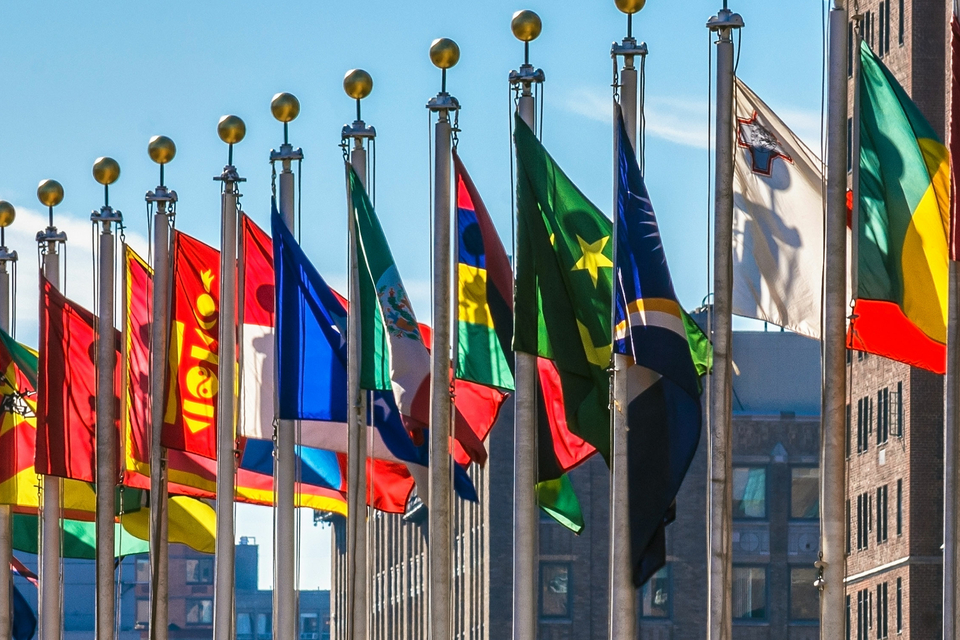
The US relies on existing federal laws and guidelines to regulate AI but aims to introduce AI legislation and a federal regulation authority.


Kenya's National AI Strategy and Code of Practice expected to set foundation of AI regulation once finalized.
Between January 14 and January 19, 2025, the Ministry of Information, Communications, and Technology (the "Ministry") held a consultation on a draft of Kenya's National Artificial Intelligence (AI) Strategy 2025-2030. This strategy aims to position the country as Africa's leading AI hub, driving sustainable development, economic growth, and social inclusion through innovative AI solutions.1
On March 27, 2025, the Ministry formally launched the "National Artificial Intelligence Strategy 2025-2030" (the "Strategy").2
The Strategy outlines a comprehensive framework developed with input from various stakeholders including government agencies, private sector entities, academia, civil society, international partners, and local communities. Key objectives include establishing a robust AI governance framework; enhancing AI adoption in critical sectors such as agriculture, healthcare, education, and public service delivery; and fostering local AI ecosystems. The Strategy is anchored on three main pillars: (i) AI Digital Infrastructure, (ii) Data, and (iii) AI Research and Innovation, supported by enablers such as governance, talent development, investment, and ethical AI practices.3 With a phased implementation approach, Kenya aims to harness AI's potential while ensuring ethical, inclusive, and equitable deployment, ultimately improving the quality of life for its citizens and positioning the country as a regional leader in AI research and innovation.
Under its governance theme, the Strategy recommends the development of a comprehensive AI policy framework to provide coherence and direction in Kenya's AI sector. The recommendations, if realized, may result in the development of the following AI-related policies:
In addition to the above, the Kenya Bureau of Standards (KEBS) published the Draft Information Technology Artificial Intelligence Code of Practice (the "Draft Code") on April 8, 2024.5 The Draft Code was developed to help organizations develop, provide and use AI in a responsible way, ensuring that the rights of citizens are not to be compromised in the course of developing AI systems. The Draft Code is still in draft form, and KEBS had invited members of the public to submit comments by June 13, 2024.6 However, there has been no further progress in relation to its approval and release.
The Robotics Society of Kenya has also developed the Kenya Robotics and Artificial Intelligence Society Bill 2023 (the "Robotics and AI Bill "),7 which aims to develop a framework that would regulate AI in Kenya. The Robotics and AI Bill is still in draft form and has not been published in the Kenya Gazette, nor introduced before Kenya's Parliament. Additionally, it has also not received support from the Kenyan government and has faced opposition from key private sector players and stakeholders.
Lastly, the Cabinet Secretary for ICT in 2019 established the Distributed Ledgers Technologies and Artificial Intelligence Taskforce (the "Taskforce "). The mandate of the Taskforce was to explore and analyze upcoming digital technologies that demonstrated potential to transform Kenya's economy. This included disruptive technologies such as distributed ledger technologies (e.g., blockchain and hashgraph), AI, 5G wireless technology, and the internet of things. The Taskforce noted in its report that the challenge for the regulation of AI is how to balance supporting innovation and competition, while protecting customers, market integrity, financial stability, and human life.8
Some of the other laws that are expected to impact artificial intelligence include:
As indicated above, there are currently no specific laws or regulations in Kenya that directly regulate AI. None has been provided so far as there is no law in Kenya that defines "AI." However, the Strategy defines AI as:
"A collection of emerging technologies that leverage machine learning, data processing, and algorithmic systems to perform tasks that typically require human intelligence. AI encompasses a range of capabilities, including automated decision-making, language processing, and computer vision."9
The Strategy further defines AI to be "a powerful tool for sustainable development, designed to assist and simplify human tasks, solve critical challenges, and drive sustainable growth."10
The Draft Code by KEBS does not define AI, but has enumerated the three characteristics of AI which include:
In addition, the Robotics and AI Bill defines the term AI as "the ability of machines to perform tasks that are typically associated with human intelligence, such as learning and problem-solving".12
As indicated above, there are currently no specific laws or regulations in Kenya that directly regulate AI. However, it is expected that once the Strategy and the Draft Code are finalized, they will only be applicable in Kenya and will not have extra-territorial application. However, the Taskforce recognized in its report that national AI regulations are likely to have transnational effects and can potentially cause cross-national conflicts.
The Strategy recommends the harmonization of regional domestic data, tax and cybersecurity laws for compliant data transfer, which is deemed crucial to meet the demand for AI.13
As indicated above, there are currently no specific laws or regulations in Kenya that directly regulate AI. As such, there are no specific regulatory requirements that apply to the various sectors in Kenya.
As indicated above, there are currently no specific laws or regulations in Kenya that directly regulate AI. However, some of the roles provided under the Draft Code include an obligation for stakeholders to understand the ecosystem in which the AI systems will operate and ensure that risk management and security systems are in place.
In addition, the Robotics and AI Bill seeks to require persons who carry out the business of a robotics and artificial intelligence society or association to register with the government explaining the relevant business activities that will be undertaken.14
As indicated above, there are currently no specific laws or regulations in Kenya that directly regulate AI.
One of the core issues under the Strategy relates to the establishment of a data governance framework to promote ethical and acceptable data access, sharing, as well as utilization in the development and use of AI.15
As indicated above, there are currently no specific laws or regulations in Kenya that directly regulate AI. Risk categorization is expected to become clearer once the once the Strategy and the Draft Code are finalized.
The Strategy prioritizes the need for AI-related risks and safety frameworks and recommends the development of a framework to control the risks related to the use of AI.16
As indicated above, there are currently no specific laws or regulations in Kenya that directly regulate AI. However, the Draft Code provides that developers and stakeholders in the AI space must comply with and maintain high standards of transparency, accountability, security and privacy measures, risk management capacity and governance of the AI systems.17
The Strategy provides an indication of the direction Kenya will take in relation to AI, and recommends data access, sharing, and governance in relation to AI as key focus points for future legislation.18
As indicated above, there are currently no specific laws or regulations in Kenya that directly regulate AI. As such, there are no Regulators that oversee the development and use of AI in Kenya at present.
As indicated above, there are currently no specific laws or regulations in Kenya that directly regulate AI. The elements of enforcement and penalties have not been expressly developed.
1 See the Draft National Artificial Intelligence Strategy 2025-2030 (circulated for the purpose of the consultation) here.
2 Read the National Artificial Intelligence Strategy 2025-2030 here.
3 See the Strategy here, pg.8.
4 See the Strategy here, pg.76.
5 See the Draft Code here.
6 Read the Public Review Cover Letter here.
7 See the Robotics and AI Bill here.
8 See the Strategy here, pg. 40.
9 See the Strategy here, pg. 15.
10 See the Strategy here, pg. 15.
11 See the Draft Code here, p.8 and 9.
12 See the Robotics and AI Bill here, p.5.
13 See the Strategy here, p.76.
14 See Robotics and AI Bill here, Article 21.
15 See the Strategy here, pg.76.
16 See the Strategy here.
17 See the Draft Code here.
18 See the National AI Strategy 2025 here.
White & Case means the international legal practice comprising White & Case LLP, a New York State registered limited liability partnership, White & Case LLP, a limited liability partnership incorporated under English law and all other affiliated partnerships, companies and entities.
This article is prepared for the general information of interested persons. It is not, and does not attempt to be, comprehensive in nature. Due to the general nature of its content, it should not be regarded as legal advice.
© 2025 White & Case LLP
Jeffrey Shin (Associate, White & Case, London) and Cameron Lee (Trainee Solicitor, White & Case, London) contributed to this publication.
Daniel Mwathe
Partner, Bowmans
+254 20 503 1600
daniel.mwathe@bowmanslaw.com
Patrick Kamanthe
Associate, Bowmans
+254 20 503 1600
patrick.kamanthe@bowmanslaw.com